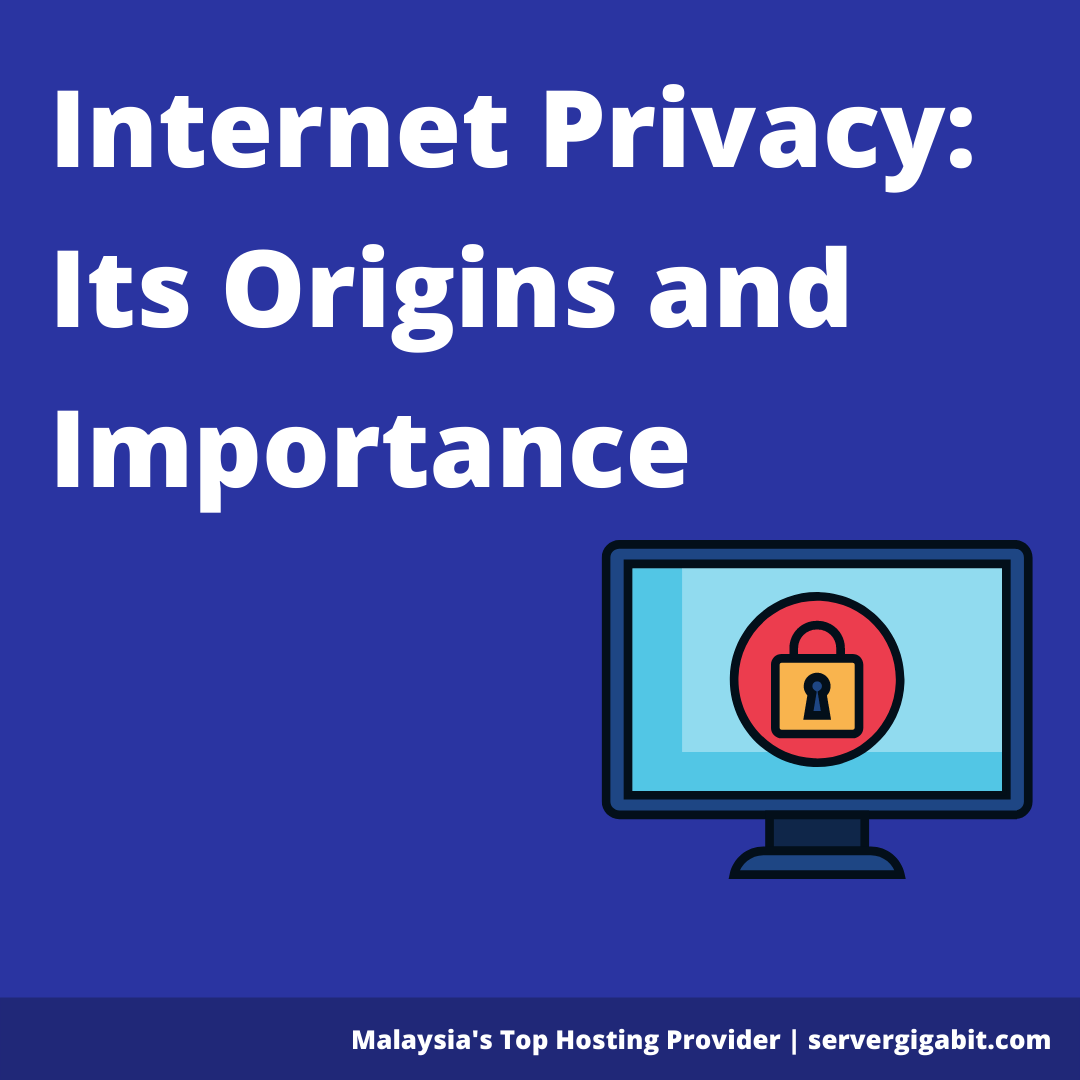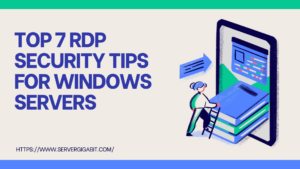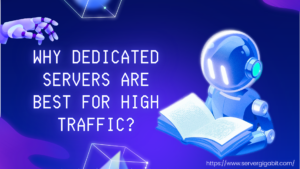The Importance of Internet Privacy
Internet privacy is more important than ever in today’s digital age. The internet has become indispensable in our daily lives, being used for business, education, research, work, and even entertainment. While we enjoy its convenience, many people underestimate how critical internet security is and how it protects personal data. Every time you browse a website, share information online, or use an app, sensitive data about you is collected, stored, and sometimes shared. Understanding the significance of internet privacy helps you take the right steps to safeguard your digital identity.
Beyond just protecting data, internet privacy ensures freedom and control over what personal information is available online. Without it, companies, hackers, or third parties could exploit personal details for targeted advertising, scams, or even identity theft. Therefore, cultivating awareness about internet privacy and implementing proper security measures is essential for anyone navigating the online world.
Origin
Internet privacy is more important than ever in today’s digital age. The internet has become a fundamental part of our daily lives, used for business, education, research, work, entertainment, and social interaction. From online banking to social media, video calls, and cloud storage, personal information is constantly being transmitted across the web. While this connectivity has made life more convenient, it has also introduced significant risks to personal data. Without proper safeguards, sensitive information such as passwords, financial records, or personal communications can be accessed, misused, or even stolen.
According to Wikipedia, beyond mere convenience and security, internet privacy allows individuals to maintain control over their personal information. It ensures that your activities, preferences, and identity are not exposed or exploited without consent. Companies, advertisers, and even malicious actors can collect, track, and analyze data to influence behavior or target users with unwanted marketing. Understanding how internet privacy works helps individuals make informed decisions about the platforms and services they use, the permissions they grant, and the information they choose to share.
Moreover, internet privacy is a cornerstone of digital freedom. It gives users the ability to communicate, explore, and transact online without fear of surveillance or misuse. In a world where data is considered a valuable asset, protecting your privacy is not just about avoiding spam or advertisements—it is about safeguarding your personal identity, reputation, and autonomy in the digital sphere. By being aware of online risks and employing proper privacy measures, users can enjoy the benefits of the internet while minimizing potential threats to their personal data.
The Significance
Why should we care about internet privacy? Every time you click a link, visit a website, or interact with an online service, data about your activities is collected. This includes the pages you visit, the searches you make, and even the amount of time you spend on certain sites. While this may seem harmless, companies, advertisers, and sometimes third parties use this information for marketing, analytics, and other purposes that may feel intrusive. In some cases, personal information can even be sold or misused without your knowledge.
Understanding what happens to your data is the first step in protecting it. Before signing up for a new app, service, or website, take the time to review the terms of service and privacy policies. Knowing what information you are sharing, how it is used, and with whom it may be shared allows you to make more informed decisions and avoid unnecessary exposure of sensitive data.
For example, if you upload photos to a sharing site, those images may become the property of the platform and could be used in marketing campaigns, advertisements, or even shared with partner companies. If you want to maintain control over what is shared and who can access your information, there are tools and extensions that can help. Browser extensions like Disconnect and Ghostery allow you to block trackers, prevent third-party data collection, and limit the visibility of your online activities.
Beyond browser extensions, other privacy-conscious habits can further protect your data. Using strong passwords, enabling two-factor authentication, limiting the personal information you share online, and regularly reviewing your privacy settings on social media and apps are all practical ways to safeguard your online footprint. By combining awareness, smart tools, and careful online behavior, you can maintain your privacy while continuing to enjoy the convenience and benefits of the internet.
ServerGigabit’s VPN connection is completely anonymous, allowing you to keep your actions concealed from prying eyes. Take a look at the Server Gigabit plans available right now.




